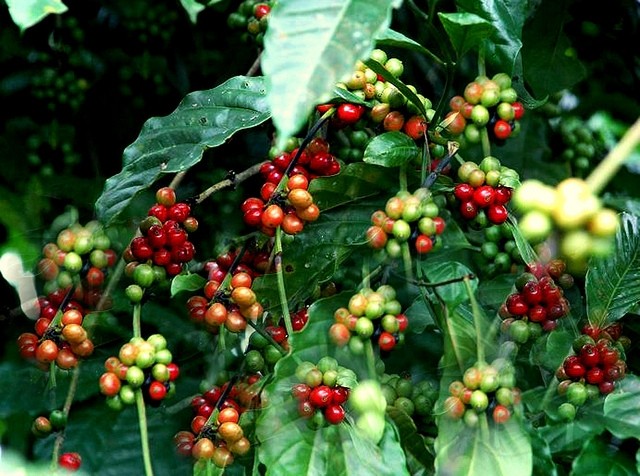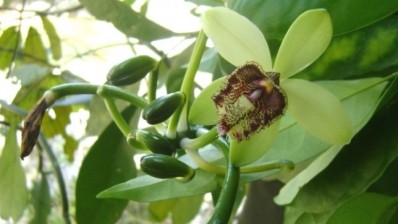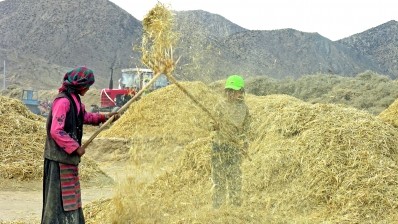Coffee genome sequenced: Researchers drink to greater caffeine control

Published in Science this month, the lengthy research project involving an international team of researchers, completed the genome map for the coffee plant variety responsible for 30% of the world’s production.
“A genome sequence could be a significant step toward improving coffee," said Philippe Lashermes, principal investigator of the project at the French Institute of Research for Development (IRD) that worked with the likes of the French National Sequencing Center and the University of Buffalo on the project.
Variety, disease battling…
Researchers have already forecast the genome work could precipitate the development of zero-caffeine coffee and other variations that could also deliver significant taste variations. 12% of the 2.2bn cups of coffee consumed daily around the world are decaffeinated.
40-year-old donor-funded botanical group Biodiversity International was a research partner and said the research could drive development of disease-resistant coffee crops and those with altered caffeine content.
“This knowledge can be used to breed varieties that meet the demands of growers, processors and consumers, such as resistance to leaf rust disease,” the group said.
“Caused by a fungus, leaf rust is the most economically important coffee disease in the world and has a considerable impact on the coffee industry and the economy of small producers in Central American countries such as Guatemala, Honduras and Costa Rica.”
Mathieu Rouard, bioinformatics scientist at Bioversity International, added: "We compared the 25,574 genes of coffee to those of 36 other plant genomes to identify gene families, then highlighted the most peculiar ones and included all the results in GreenPhyl, a publicly accessible database to support further gene discovery studies.”
Another project collaborator, professor Robert Henry from the University of Queensland Alliance for Agriculture and Food Innovation (QAAFI) said, “We think caffeine offers plants several advantages, including insecticidal properties and an inhibitory function that prevents seed germination in competing species.”
“…the most widely consumed psychoactive drug in the world…”
In a Science editorial that accompanied the research, Dr Dani Zamir from the Hebrew University of Jerusalem, pointed to the work’s potential.
“Coffee, the plant bearing the irresistible bean that delivers the most widely consumed psychoactive drug in the world – caffeine – joins a long list of crop species that have been sequenced using ever-improving genomic hardware and assembly software.”
“The challenge now is to translate these decoded genomes into new and improved tools for plant breeding; there is a need for a better balance of research priorities, with greater emphasis on crop phenotypes.”
The global coffee market stood at about 8m tonnes in 2013.
The GreenPhyl database is here.
Coffee joins cocoa and tea varieties in having their genomes fully mapped.




















